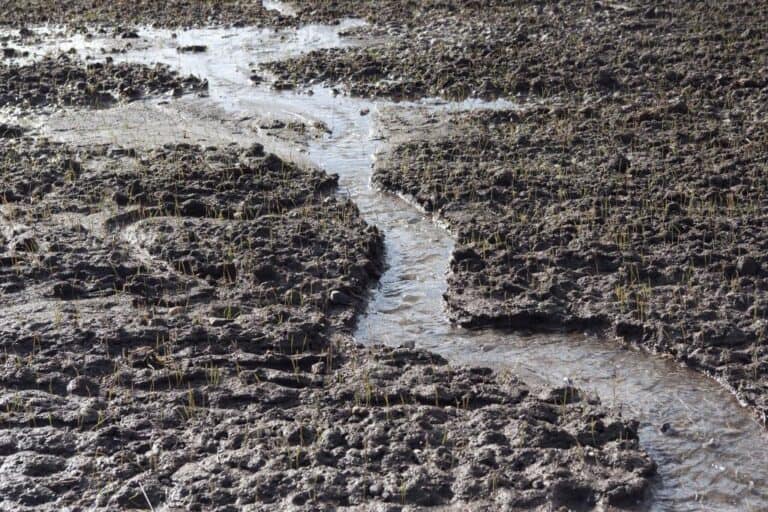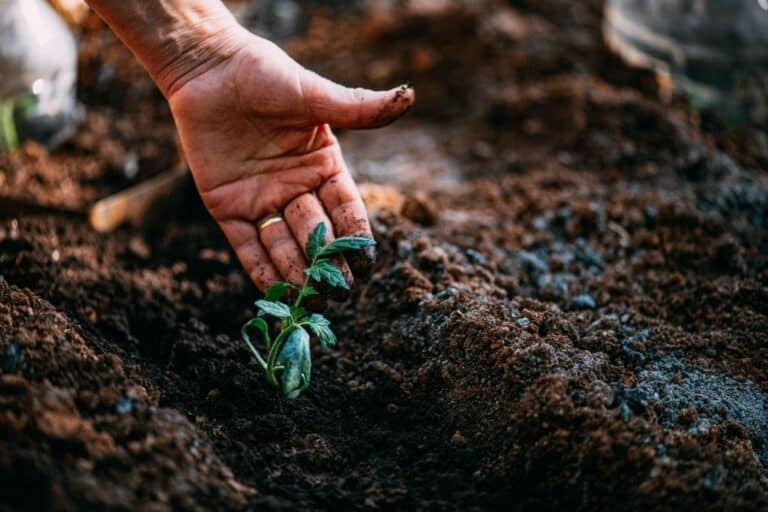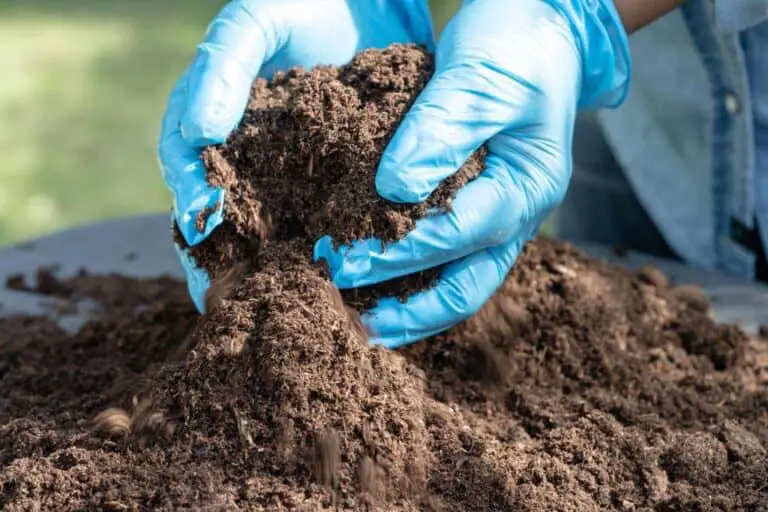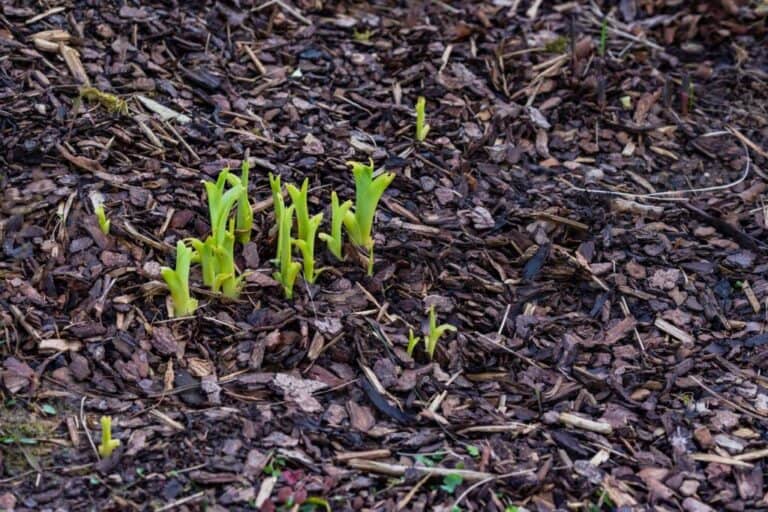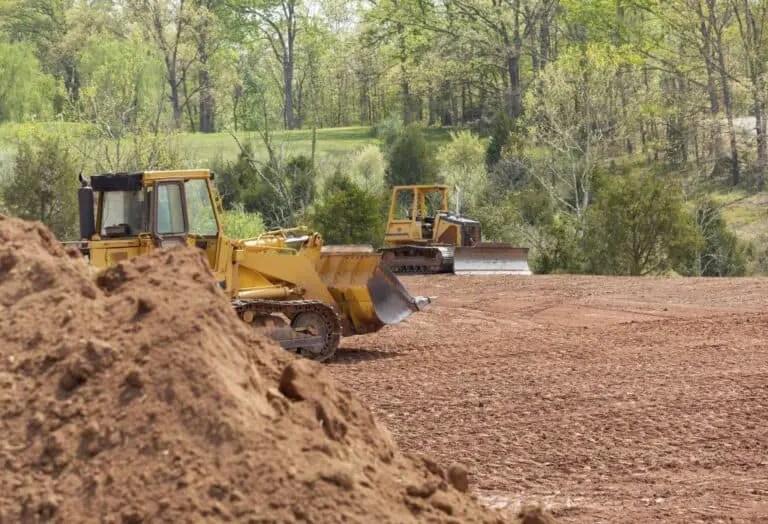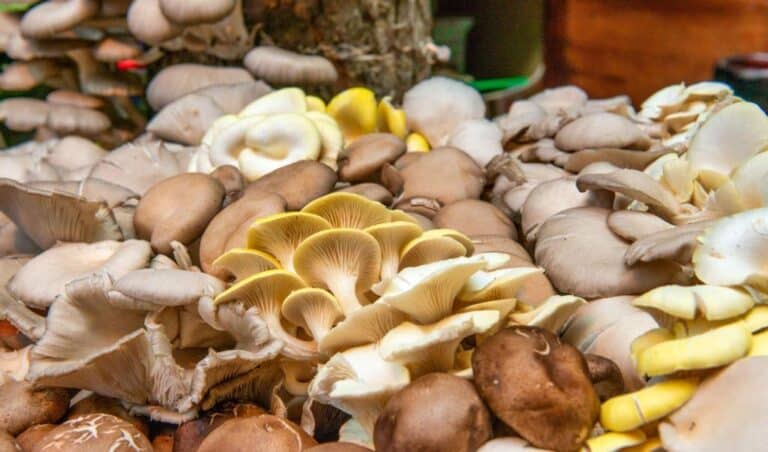Can Avocados Grow in Black Cotton Soil? What You Need to Know
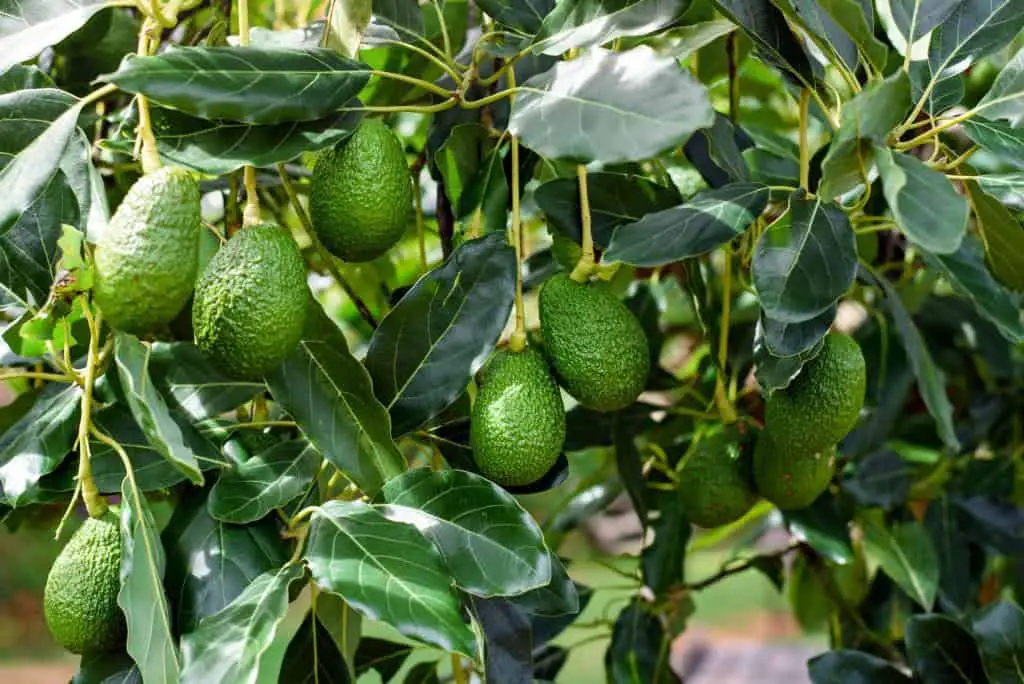
In the world of agriculture, where soil diversity can be as varied as a painter’s palette, the question arises: Can avocados, those beloved green powerhouses of nutrition and flavor, truly find a home in the enigmatic realm of black cotton soil?
Avocados have already earned their place on our plates and in our hearts, but can they conquer the challenges posed by this distinctive type of earth? As we embark on this horticultural journey, we’ll delve into the depths of black cotton soil, uncovering its secrets and quirks, while exploring the potential union between these creamy delights and the soil that’s known for its unique personality.
So, fasten your seatbelts, horticulture enthusiasts, as we navigate the verdant landscape of avocados and their compatibility with the enigmatic black cotton soil.
Avocado Plant Characteristics
Avocado plants (Persea americana) are known for their subtropical origin and their preference for well-draining soil. To understand whether they can flourish in black cotton soil, it’s essential to explore their plant characteristics and growth requirements.
Here are some characteristics of avocado plants:
- Tree Size: Avocado trees can range in height from 15 to 80 feet, depending on the region and horticultural practices.
- Leaves: The leaves of avocado plants are elliptic or oval in shape and typically measure 3 to 10 inches in length. They are glossy, dark green, and arranged spirally on the tips of branches.
- Flowers: Avocado plants produce small greenish-yellow flowers that are borne in dense inflorescences. The flowers have nine stamens arranged in three series and a one-celled ovary. Interestingly, there are two types of avocado flowers, A and B, depending on the cultivar. These flowers are dichogamous, meaning that the male and female parts mature separately, and each flower opens only twice.
- Fruit: Avocado fruits have greenish or yellowish flesh with a buttery consistency and rich nutty flavor. They are typically pear-shaped, egg-shaped, or spherical, and their skin can be green, brown, purplish, or black, depending on the cultivar. Each fruit contains a large central seed or pit surrounded by edible pulp.
- Growth and Harvest: Avocado trees grown from seed can take 4 to 6 years to produce fruit, while grafted plants may produce fruit within 1 to 2 years. The fruits ripen off the tree, with the edible flesh turning yellow and developing a rich, buttery consistency. Avocados are harvested year-round, and different varieties have different blooming and fruiting seasons.
- Cultivation: Avocado trees thrive in warm climates and are commercially grown in regions like southern California and southern Florida. They require well-drained soil and are sensitive to frost. Avocado trees can be propagated from seeds or through grafting.
Overall, avocado plants are known for their nutritious and delicious fruits, which are enjoyed in various culinary preparations around the world.
Understanding Black Cotton Soil
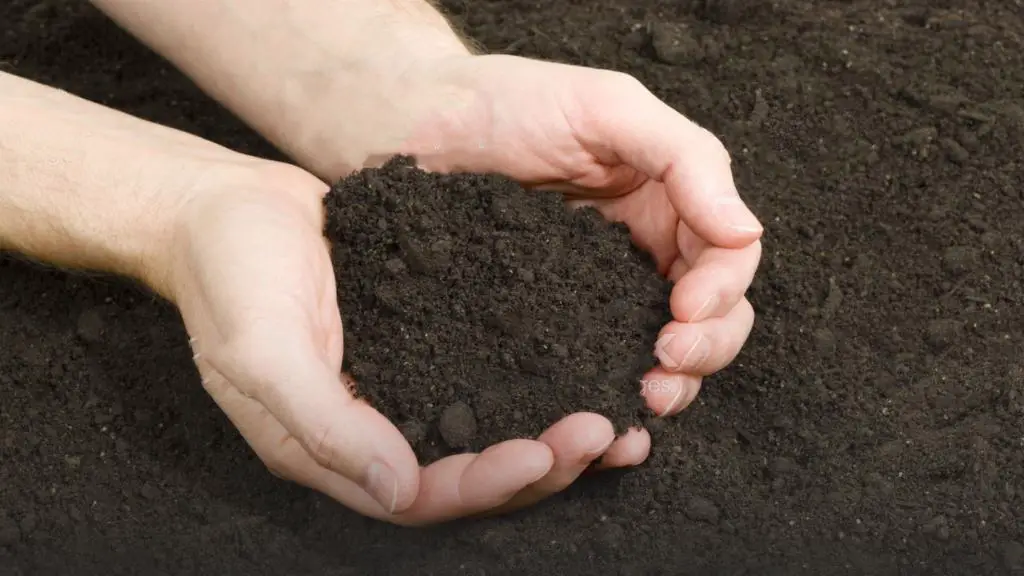
Before we dive into the avocado-soil relationship, let’s take a moment to understand what black cotton soil actually is. Also known as vertisols, this type of soil is renowned for its dark color, moisture-retaining properties, and notorious shrink-swell characteristics.
Found in various parts of the world, including India, Africa, and Australia, black cotton soil is a mix of clay and silt with a high percentage of montmorillonite, a type of clay mineral.
Its unique ability to expand significantly when wet and shrink when dry has earned it the “black cotton” moniker due to its resemblance to cotton fabric behavior. This distinct characteristic presents both challenges and opportunities for agriculture.
Comparison with Other Soil Types
| Soil Type | Water Retention | Drainage |
| Black Cotton Soil | High (during swelling) | Poor |
| Sandy Soil | Low | Excellent |
| Loamy Soil | Moderate | Good |
Can Avocados Grow in Black Cotton Soil?
Successful avocado cultivation hinges on meeting specific requirements. Avocado trees require a subtropical to tropical climate with minimal frost. They thrive in temperatures between 60°F to 85°F (15°C to 30°C) and need around 40 to 80 inches (100 to 200 cm) of annual rainfall. Soil pH between 6 and 7 is optimal, as it allows for efficient nutrient uptake. Additionally, avocados benefit from soil rich in organic matter and well-balanced nutrients, including nitrogen, phosphorus, and potassium.
Interestingly, some aspects of black cotton soil align with avocado requirements. The soil’s mineral composition can provide essential nutrients, and its ability to retain water can be advantageous during dry periods. However, careful management is crucial to prevent waterlogging and ensure optimal drainage.
Pros of Growing Avocados in Black Cotton Soil:
- Moisture Retention: Black cotton soil’s moisture-retaining capacity can be beneficial, especially in regions with erratic rainfall. The ability to hold water for an extended period can aid avocado trees during dry spells.
- Nutrient-Rich Content: This type of soil is known for its nutrient content. Avocado trees require essential nutrients to grow and bear fruit. Black cotton soil’s natural richness might provide a good foundation for healthy growth.
- Moderated Temperature: Black cotton soil tends to moderate temperature fluctuations. Avocado trees are sensitive to frost and extreme heat, so this soil’s buffering effect could be advantageous.
Cons of Growing Avocados in Black Cotton Soil:
- Drainage Concerns: While the moisture-retaining property is an advantage, it could turn into a drawback if the soil becomes waterlogged. Avocado trees despise standing water, and poor drainage can lead to root rot.
- Compaction Challenges: The shrink-swell behavior of black cotton soil can cause compaction and cracking when it dries. This could hinder root growth and overall tree health.
- Aeration Issues: The same compaction that affects root growth also limits aeration, which is crucial for healthy roots. Inadequate aeration can lead to root suffocation.
Nurturing Avocado Growth in Black Cotton Soil
If you’re determined to grow avocados in black cotton soil, there are steps you can take to maximize your chances of success:
1. Amend the Soil
Amending the soil with organic matter like compost can improve drainage and aeration. Mixing in coarse sand can also help prevent compaction, ensuring a more suitable environment for avocado roots.
2. Raised Beds
Raised beds can aid in managing water drainage. Elevating the planting area slightly above ground level allows excess water to drain away from the roots.
Related: How to Sterilize Soil in Raised Beds for Healthy Plant Growth
3. Irrigation Management
Since black cotton soil retains moisture well, it’s important to regulate irrigation carefully. Avoid overwatering, as it can lead to root rot. Use a drip irrigation system to control the amount of water the trees receive.
4. Mulching
Applying organic mulch around the base of avocado trees helps maintain soil moisture, regulate temperatures, and suppress weed growth.
Best Practices for Avocado Planting in Black Cotton Soil
Planting Guide: Successfully establishing avocado plants in black cotton soil requires a methodical approach. Let’s walk through the essential steps.
- Spacing and Depth: When planting avocado saplings, ensure proper spacing between them to allow for healthy root development. Plant them at a depth that facilitates optimal root growth without subjecting them to compaction.
- Planting Techniques: Use techniques that encourage root expansion, such as gently teasing out the roots before planting. Avoid planting too deep, as it can hinder growth.
- Addressing Soil Compaction: Black cotton soil’s propensity for compaction can restrict root growth. Prior to planting, amend the soil with organic matter to improve its structure and prevent excessive compaction.
- Irrigation and Monitoring: Proper irrigation is crucial during the initial growth phase. Monitor soil moisture levels regularly, and adjust irrigation to prevent waterlogging while ensuring adequate hydration.
Avocado Varieties Suited for Black Cotton Soil
Avocado cultivation is not a one-size-fits-all endeavor. Different avocado varieties exhibit varying degrees of adaptability to different soil types. When it comes to black cotton soil, certain varieties have shown remarkable resilience.
These adaptable varieties possess characteristics that make them thrive even in challenging soil conditions. They exhibit robust root systems, enabling them to navigate the unique properties of black cotton soil, including its shrink-swell behavior.
Some avocado varieties are more adaptable to different soil types. If you’re set on cultivating avocados in black cotton soil, consider the following varieties:
- Duke: This Mexican variety is known for its tolerance to various soil types, including heavier soils like black cotton soil.
- Bacon: Another Mexican type, Bacon avocados, exhibit a relatively high tolerance for poor soil drainage.
- Fuerte: With origins in Central America, Fuerte avocados are renowned for their versatility in different soil conditions.
Conclusion
In the grand scheme of horticultural possibilities, growing avocados in black cotton soil presents both opportunities and challenges. While the soil’s moisture retention and nutrient content could provide a favorable environment, the risks of poor drainage, compaction, and limited aeration cannot be ignored.
With proper soil amendments, irrigation management, and careful consideration of avocado varieties, it’s possible to coax these nutrient-rich gems into thriving within the unique characteristics of black cotton soil.
Remember, successful avocado cultivation requires more than just soil considerations. Climate, sunlight, and pest management also play significant roles. If you’re up for the challenge, why not embark on this avocado-growing journey and see if you can turn that patch of black cotton soil into a flourishing avocado orchard?
FAQs on Enhancing Avocado Growth in Specific Soils
Are avocados sensitive to soil types?
Avocado plants are sensitive to soil types, as their growth and health depend on factors like drainage, nutrient content, and pH.
What are some signs of nutrient deficiency in avocado trees?
Yellowing leaves, stunted growth, and reduced fruit production can be signs of nutrient deficiency in avocado trees.
Can I grow avocados in containers using black cotton soil?
While possible, growing avocados in containers using black cotton soil requires careful attention to soil structure, drainage, and root health.
What alternative crops can be grown in areas with unsuitable soil for avocados?
In areas with unsuitable soil for avocados, crops like citrus fruits, guava, and pomegranates can be viable alternatives due to their adaptable nature.
What are the challenges of growing avocados in challenging soil types?
Challenges include poor drainage leading to root rot, compaction hindering root growth, and limited aeration causing root suffocation. These factors can impact overall tree health and fruit production.
Can soil amendments improve black cotton soil for avocado cultivation?
Yes, soil amendments like organic matter and coarse sand can enhance drainage, aeration, and overall soil structure. Amending the soil can help create a more suitable environment for successful avocado cultivation in black cotton soil

